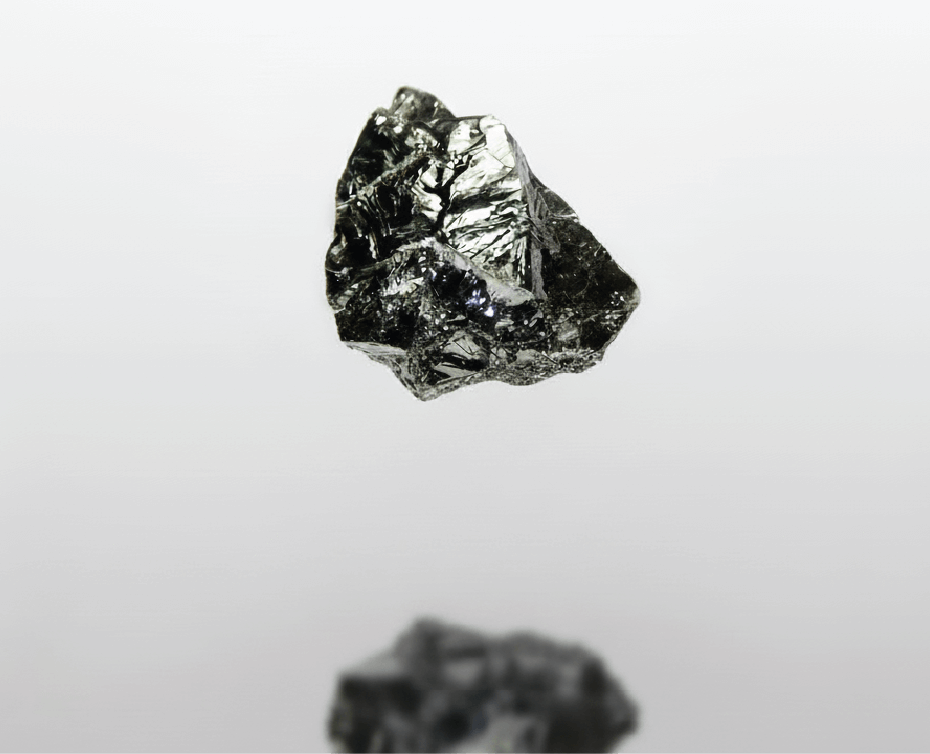Most of us would like to follow a healthy diet. We know that eating the right foods for our bodies helps to fight off disease, gives us more energy, and allows us to live longer and happier lives. However, with so much varied and conflicting information out there, it can be incredibly confusing trying to decipher what a healthy diet even is.
While there are some basic golden rules to follow (few of us can go wrong by cutting back on processed foods and adding more fruits and vegetables into our diets), different people have different needs and there is no one diet plan that will work for everyone.
Today we’d like to bust some myths. With that in mind, here are four falsehoods about healthy eating that you can stop believing right now.
Carbs Are Bad

With the popularity of fads such as the Atkins and Keto diets, carbohydrates have gotten a bad reputation in recent years. But this is unfair, because carbs are actually one of the three vital macronutrients our bodies need (the others are protein and fat.) When you eat carbs, your body breaks them down into glucose, which gives you energy.
There are two types of carbs: simple and complex. Simple carbs are found in sugars and high-sugar foods such as soda, baked goods, and breakfast cereals with added sugar. Enjoying some simple carbs won’t do you any harm, but you should try to limit how many you consume.
Complex carbs are found in fruits and vegetables as well as wholegrains, nuts, seeds, and legumes. These are all delicious and healthy foods that should feature prominently in your diet. When you fear carbs, you risk cutting out some of the healthiest foods you can eat.
Your Body Needs to be Detoxed

Have you ever heard that your body is full of “toxins” and needs to be detoxed or cleansed? Perhaps you’ve tried pills, teas, shakes, juices, or fasting regimes designed to rid your body of these poorly-defined nasties.
At best, detox products and regimes will do nothing. Your body doesn’t need external help to remove toxins: that’s what your liver and kidneys are for, and they do a great job by themselves. If your liver or kidneys are not doing their jobs, you need urgent medical attention, not an overpriced tea.
At worst, detoxing can be dangerous. Many so-called “cleanse” products are little more than laxatives, which can remove vital nutrients and electrolytes from your body and leave you dehydrated.
High Fat = Unhealthy

Do you always reach for the “low fat” version of your favorite products, believing that they are healthier? Unfortunately, that’s often not the case. In fact, these products can be loaded with sugar and other unhealthy additives, and can be just as high if not higher in calories than their full-fat counterparts.
Fat has been demonized in weight loss circles for decades, but it is actually a vital macronutrient that our bodies require for optimal health. Dietary fat helps to give you energy, supports cell growth and function, keeps your body warm, and aids in the absorption of vitamins.
There are four main types of fat: saturated fats, trans fats, monounsaturated fats, and polyunsaturated fats. Saturated and trans fats are less healthy and should be consumed in moderation. Monounsaturated and polyunsaturated fats, however, have many health benefits and should play a prominent role in your diet. Good sources of these healthy fats include nuts, avocados, olive oil, lean meats, fatty fish, and eggs.
Cutting Out Gluten is a Good Idea for Everyone

Gluten is a protein found in certain grains including rye, wheat, and barley. In recent years, many people have come to believe that gluten is unhealthy and that they should cut it out.
An estimated 1% of people globally have celiac disease. When people with this condition eat gluten, an immune response is triggered in the body that causes damage to the small intestine. People with celiac disease must avoid all gluten in their diets. Another condition, known as gluten sensitivity or non-celiac gluten sensitivity, can cause similar symptoms but does not cause long-term intestinal damage. People with this sensitivity should also avoid gluten.
For most people, eating gluten is harmless and these whole grains have plenty of health benefits. One study suggested that avoiding gluten unnecessarily may increase risk of heart disease due to a lower consumption of whole grains. In short: unless you have celiac disease or a gluten sensitivity, cutting it out has no proven health benefits and may do more harm than good.Read more

Medically Reviewed By | Johannah Gregg, DNP FNP-C The Achilles tendon is important in supporting your bodyweight and contributing to your agility. However, its important role can make it more subje...

According to a 2019 study, 20.4% of American adults suffer from some kind of chronic pain, and 7.4% suffer from high impact chronic pain, meaning that their pain has a significant limiting effect o...






Leave a comment
All comments are moderated before being published.
This site is protected by hCaptcha and the hCaptcha Privacy Policy and Terms of Service apply.